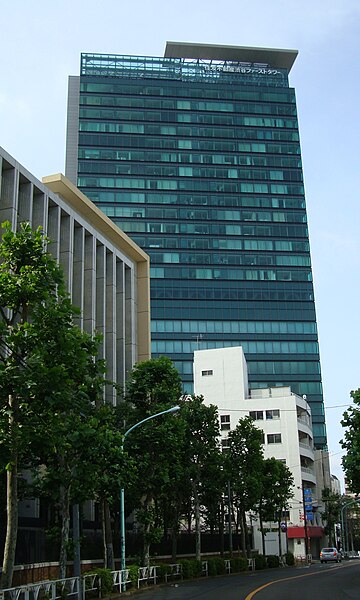Infinite photos and videos for every Wiki article ·
Find something interesting to watch in seconds
Ancient Marvels
Celebrities
Rare Coins
Largest Empires
Great Museums
Presidents
Supercars
Crown Jewels
Kings of France
World Banknotes
Famous Castles
Recovered Treasures
Countries of the World
Richest US Counties
Orders and Medals
British Monarchs
Animals
Wonders of Nature
Best Campuses
Great Artists
Tallest Buildings
Wars and Battles
History by Country
Sports
Largest Palaces
Great Cities
more top lists


